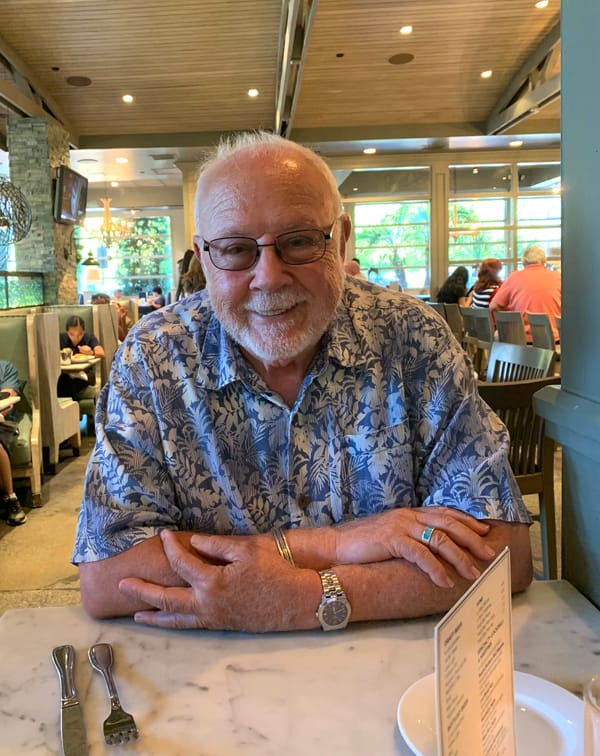Theology | The God of Nature

The God of Nature
©2022 by Vernon Miles Kerr and VernonMilesKerr.com
“…to assume among the powers of the earth, the separate and equal station to which the Laws of Nature and of Nature’s God entitle them…”
The unanimous Declaration of the thirteen united States of America, 1776
There is a God of the Bible and other holy books, and there is the God of Nature. The first is a result of human tradition and is experieinced only in the mind. The second is living and dynamic and is experienced in all the senses continually — if we will notice. The first speaks in rotely recalled scraps of memory or as text, read from a translation of translations—the second speaks in whispers of inspiration, sometimes only vaguely felt, in our greatest moments of need.
While inspiration is a whisper, creation is an eternal shout— and will be, so long as creation is chosen to exist. We cannot escape the God of Nature except by ignoring Him.
Dare we ignore music? No matter, we cannot. It’s not just the rythmic throb of life’s blood in our ears — all animals sense that — as did we all, that of our mothers, in the womb. Music is not just hypnotic rythm, It’s the subconscious ability to mathematically parse the intervals between the tones. Remembered tunes are not the sounds, but the interval data. Sing any tone. (we Westerners have 12) It can be the wrong tone — if there is a right or wrong — and our mind will calculate and create the melody’s next one. “Twinkle, twinkle, little star,” there’s no wondering how many Hertz (cycles per second) which separate it from the next note. The “How” in “How I wonder what you are,” is calculated immediately.
What purpose does this miracle serve in human evolution? How would it aid in finding food or in reproduction? Other animals, including the highest primates, haven’t exhibited this ability.
While the animal world and that of plants are both staggreing in their diversity and in each of their adaptations to environment, no evidece of God is closer to home than our ability to innately understand melody. No wonder it is so often the chosen channel for communicating with God, during worship services. Even an atheist is forced to admit that there is at least some degree of difference between sacred and secular music. There is something — though perhaps intangible — separating the little exercises in J.S. Bach’s “Anna Magdalena” notebook from the passion of his Magnificat.
After my more than twenty years as an active participant and worship leader in a fundamentalist church, it fell apart. The church’s “single point of failure” it’s founder and guru, died. Set adrift, we stopped in and sampled many local congregations of various denominations. The modern ones all had an ensemble of musicians and singers to back-up the worship leader. In my opinion every one of those groups’ level-of- excellence could easily and seriously compete on an “America’s Got Talent” or other competition like “The Voice.” I have to imagine that this is true all over America, perhaps all over the world. Passion drives excellence.
The God of Nature must be pleased, no matter what the doctrinal leaning of the chorus. There is a Bible scripture, “God is no respecter of persons,” no respecter of status or wealth, nor of correct or incorrect doctrine. Does He hear the prayers of an agnostic or even the tentative whisper of the atheist. Try it and see. Here is a “secular prayer” I wrote a short while ago, which can be used as a template.
